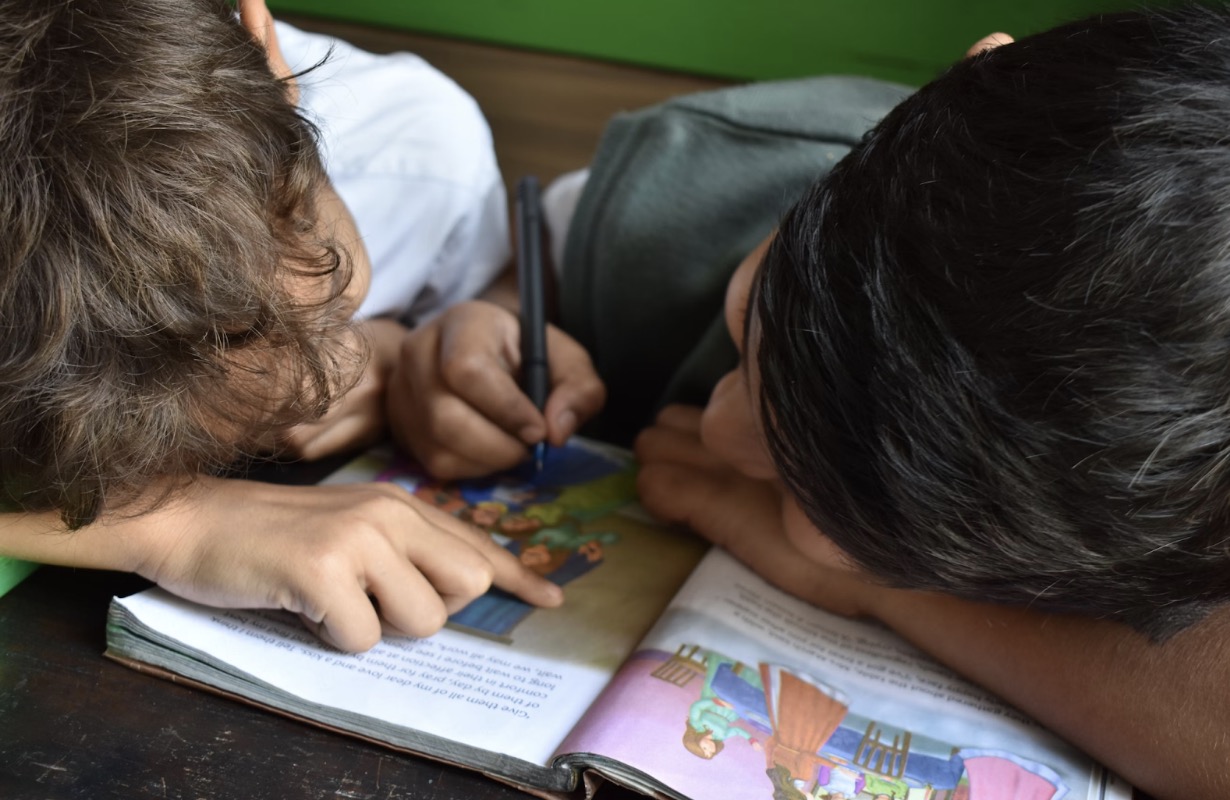Raising a child is hard work. You want to make sure they are given the best opportunity to succeed in life and become happy, productive adults. One of the most important ways you can do that is by teaching them essential skills from a young age so they have an advantage later in life. There are many valuable and critical skills children should learn early on, such as problem-solving, exercising independence, managing emotions and finances, communication, teamwork, creative thinking, and being organized.
Focusing on these six areas will give your child extra confidence to take risks while also helping to build an invaluable foundation for their future success stories! Keep reading ahead if you want to find out more about why each of these key skills matters for your growing youngster’s development!
Reader's Roadmap
1. Reading and Writing
Now, these skills are essential skills that children should learn at a young age. Encouraging them to read books, magazines, newspapers, or online material will expose them to different forms of writing styles and broaden their horizons.
Reading strengthens children’s cognitive development, improves their vocabulary, and sharpens their focus. Writing, on the other hand, helps them develop critical thinking, communication, and creativity skills. In the digital age, there is no shortage of educational content that children can access online. Let your child explore and discover the joy of reading and writing, and rest assured that you are contributing to their growth and development.
2. Thinking and Reasoning
At a young age, children are like sponges, constantly absorbing new information about the world around them. It’s important to encourage them to ask questions and express their opinions, as this helps to develop their critical thinking and logical reasoning skills. By allowing them to explore their curiosity, we can help them to become more confident and independent learners.
As they grow older, these skills will become invaluable in navigating through life’s challenges and making informed decisions. So next time a child asks you a question, take the opportunity to engage with them and encourage their curiosity, you never know what they might come up with next!
3. Social Engagement
Social engagement is one of the most critical skills that children need to learn today. At a young age, they must start discovering the value of interacting with others in a polite and respectful manner. Encouraging positive social behavior in kids should be a priority because these skills are essential throughout adulthood.
Polite and respectful communication is crucial in forming and maintaining healthy relationships, building trust, and establishing credibility in both personal and professional settings. Parents can introduce social interaction through activities that involve teamwork and group play. It is important to consistently set a good example for their children so that they may follow in their footsteps and become kind and thoughtful individuals as well.
4. Physical Activity
Children nowadays spend most of their free time indoors, on their gadgets, instead of being active outdoors. Encouraging them to participate in physical activities such as sports is essential to their health and overall development. One way to do this is to enroll them in swim classes. Swimming is a low-impact activity that strengthens almost every muscle in the body.
It’s also an excellent cardiovascular workout that helps children improve their lung capacity and endurance. Besides being a fun activity, swim classes can help children develop social skills and confidence.
5. Problem Solving
Now, this is a critical skill that children will need throughout their lives. It is important to give them opportunities to develop this skill from a young age. When children are faced with issues that they need to resolve, it may be tempting for parents to jump in and help them.
However, giving children the chance to work through their problems on their own can help them learn valuable problem-solving skills. This doesn’t mean leaving them completely on their own, but rather guiding them towards finding a solution independently.
6. Creativity
From a young age, children are bursting with imagination and creativity. It’s important to let them explore and express these ideas in creative ways. Art, music, dance, and storytelling are all fantastic outlets for children to stimulate their creativity.
Providing children with access to these activities can have positive impacts on their development. It allows them to explore their emotions and ideas, develop their problem-solving skills, and gain confidence in their abilities.
With so many opportunities for developing essential skills available to children, it is important that parents take the time to foster the development of each one in their own unique way. Monitor your child’s social, emotional, and neurological developments with an understanding of these six key developmental areas and you can help create a future ruler of the world.

Encourage reading, asking questions, engaging with others, problem-solving, creativity, and physical activities to support your child’s growth. It may require some extra work on our end as parents but it will be worth it when we one day say that we helped shape a generation that is capable of great feats! So let’s start investing in our child’s development today.







Leave a Reply
View Comments